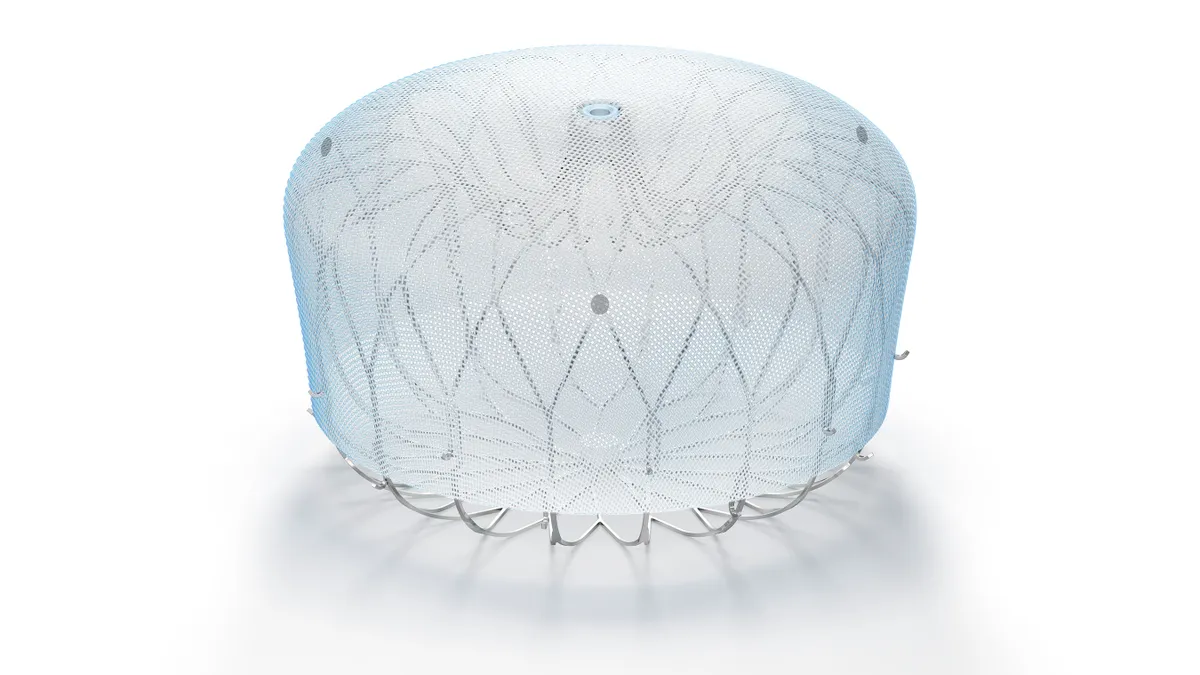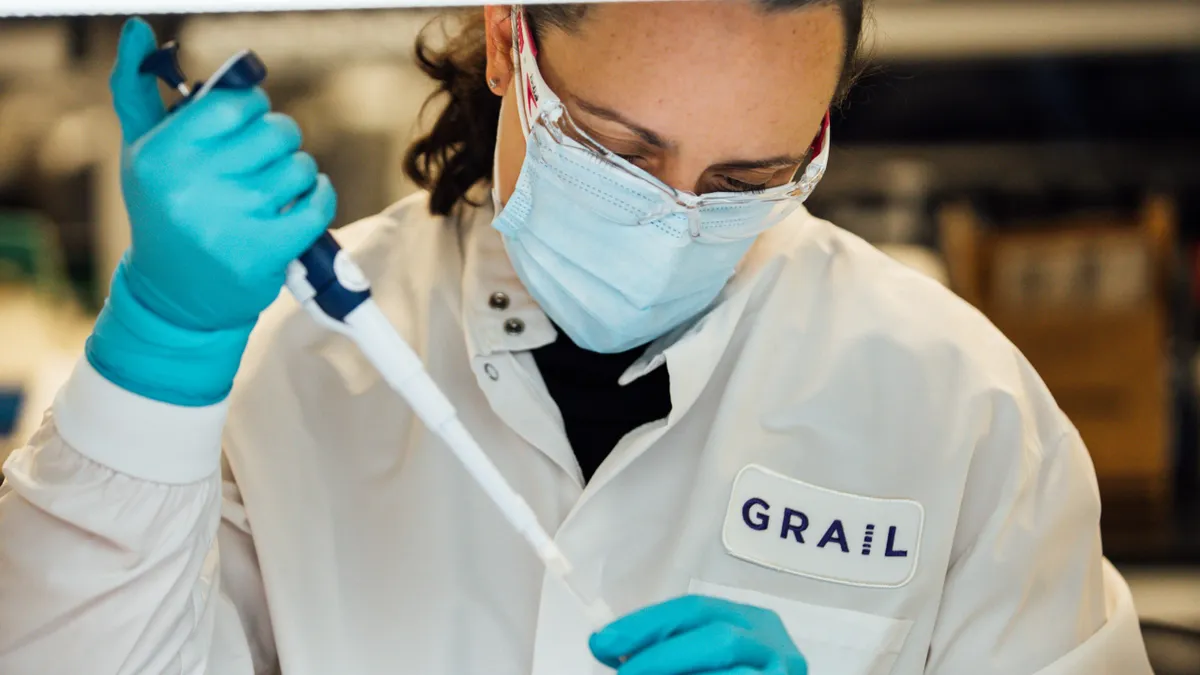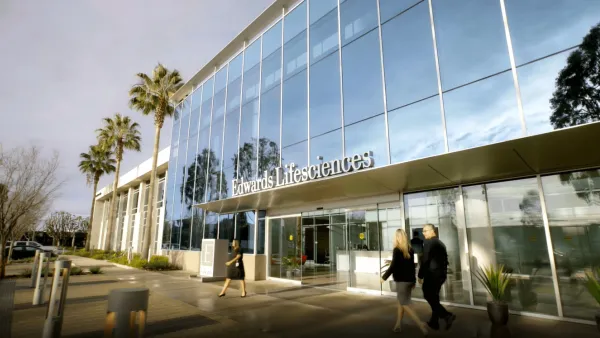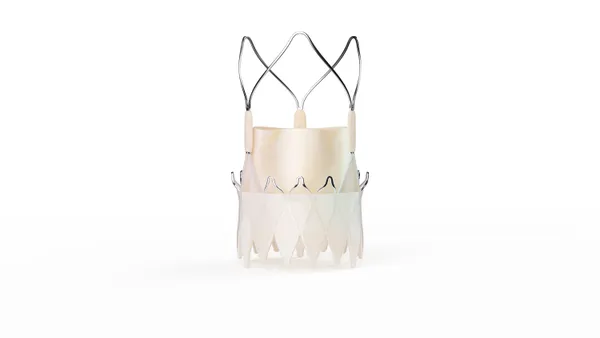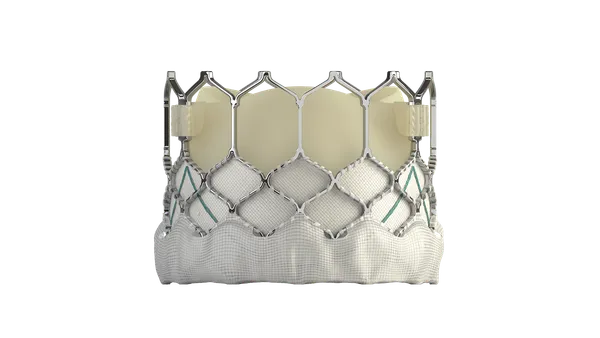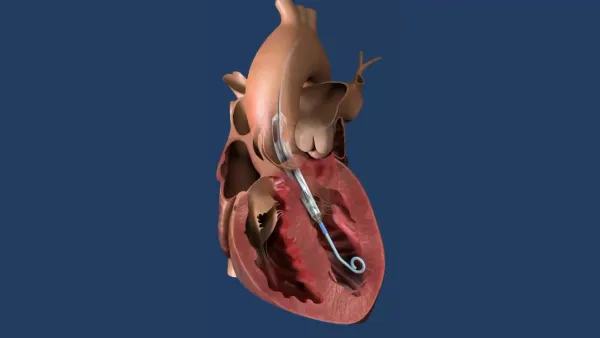Dive Brief:
- A procedure combining epicardial and endocardial catheter ablation was better than endocardial ablation alone for treating persistent atrial fibrillation (AFib), meeting the primary endpoint in a pivotal study of AtriCure's EPi-Sense system. The CONVERGE study data were presented Friday in a late-breaking presentation at the virtual Heart Rhythm Society (HRS) annual meeting.
- The 67.7% success rate demonstrated at one year with the AtriCure device in the 153-patient trial exceeded the 50% effectiveness rate of standard ablation alone. Study principal investigator David DeLurgio of Emory St. Joseph's Hospital in Atlanta said the procedure could become a preferred treatment for patients with advanced AFib based on the findings.
- The study results position AtriCure's device for strong adoption after FDA approval, according to analysts at SVB Leerink, looking forward to a 2021 rollout of the technology.
Dive Insight:
AtriCure's approach targets a particularly difficult to treat portion of the AFib population: the 70% of patients who have persistent and long-standing persistent forms of the irregular heart rhythm. While catheter ablation has gained acceptance as an alternative to drug therapy for restoring normal heart rhythm, it has been less successful in treating patients whose AFib is persistent compared to those whose condition is paroxysmal, with shorter episodes.
Sana Al-Khatib, a professor of medicine at Duke University Medical Center, said the CONVERGE study outcomes support the long-held view that patients with persistent AFib may need a different approach to ablation than patients with paroxysmal AFib. "Those results I think should make patients with persistent and long-standing persistent AFib feel more hopeful," she said in comments during the virtual HRS meeting.
In addition to meeting its primary goal of showing superiority to endocardial catheter ablation alone on freedom from atrial fibrillation, atrial tachycardia and atrial flutter at one year, the study showed 80% of patients had greater than 90% reduction in AFib burden, compared with 56.8% in the control arm. The study also met its primary safety endpoint, with the incidence of major adverse events at 7.8%, coming in below the 12% goal.
With more than 33 million people worldwide believed to be suffering from AFib, AtriCure CEO Michael Carrel has characterized the market opportunity for a treatment for persistent AFib as worth well over $1 billion. The company submitted its final PMA module to FDA at the end of 2019, and Carrel expects FDA to convene a panel to consider the company's new device later this year, he told analysts on an earnings call in late April.
Analysts at SVB Leerink said in a research note Monday the billion-dollar market estimate seems conservative, noting it reflects less than 5% of total persistent and longstanding persistent patients. The analysts expect a CONVERGE procedure approval will expand AtriCure's addressable population almost 2.5 times.



